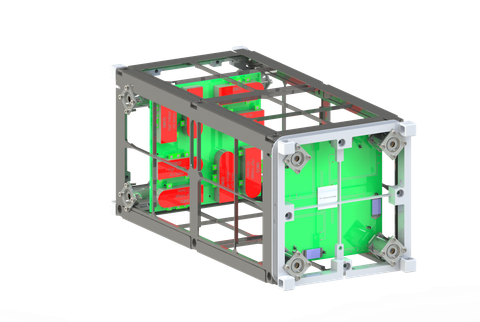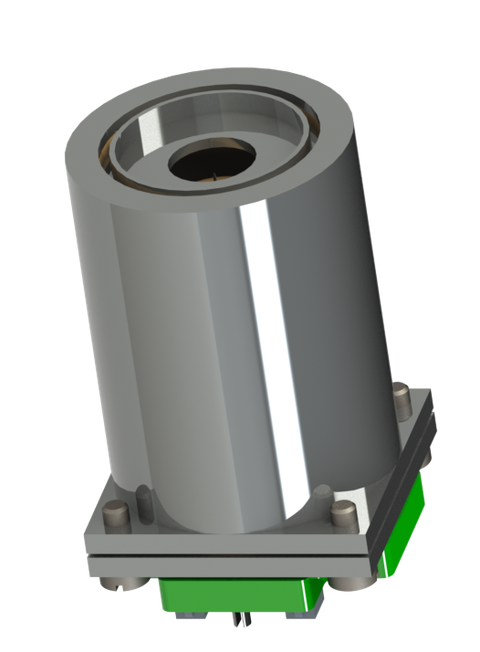Electric Space Propulsion and Advanced Concepts
The focus of this working group is highly innovative space propulsion systems. Our research topics include miniaturized electric thrusters (ion thrusters, field emission electric propulsion FEEP) for high precision attitute- and orbit control (e.g. used in formation flying). We are also looking at the boundaries of present knowledge to explore new concepts and ideas for future revolutionary concepts („Breakthrough Propulsion Physics“).
Electric Propulsion, Micropropulsion
Electric thrusters are very propellant efficient (high specific impulse, low propellant consumption). Moreover, they can much more accurately control thrust and therefore enable high precision attitude- and orbit control necessary e.g. in formation flying. We are trying to further miniaturise and optimise electric thrusters with the help of new materials and manufacturing technologies. This enables new applications (e.g. microthrusters on CubeSats) and also spin-offs into other areas (e.g. mass spectrometers).
Examples of our know-how as well as current research topics are:
- Development of Liquid-Metal-Ion Sources and miniaturisation of a field emission electric propulsion thruster (FEEP) as the main propulsion system on a CubeSat
- Efficient and compact gas ion sources with CNTs as field ionisers for micro ion thrusters and mass spectrometers
- Miniaturised Hall thruster and hollow cathode
- Tests of new materials for cathodes / electron emitters and application in new thermo-electric converters
Advanced Concepts – Breakthrough Propulsion Physics
We are investigating new concepts for space propulsion – theoretically and experimentally. Our interests cover both classical technologies (nuclear propulsion, plasma generators /electrohydrodynamics, etc.) as well as unconventional ideas – to find a propulsion system that can ultimately enable the exploration to the stars (Breakthrough Propulsion Physics ... more).



